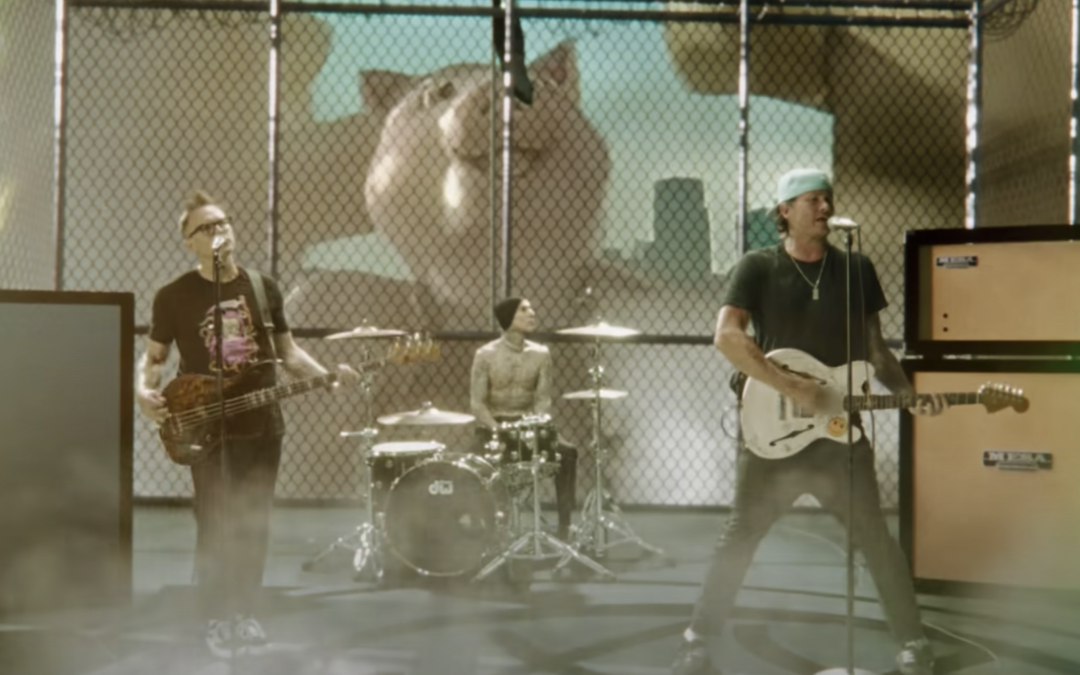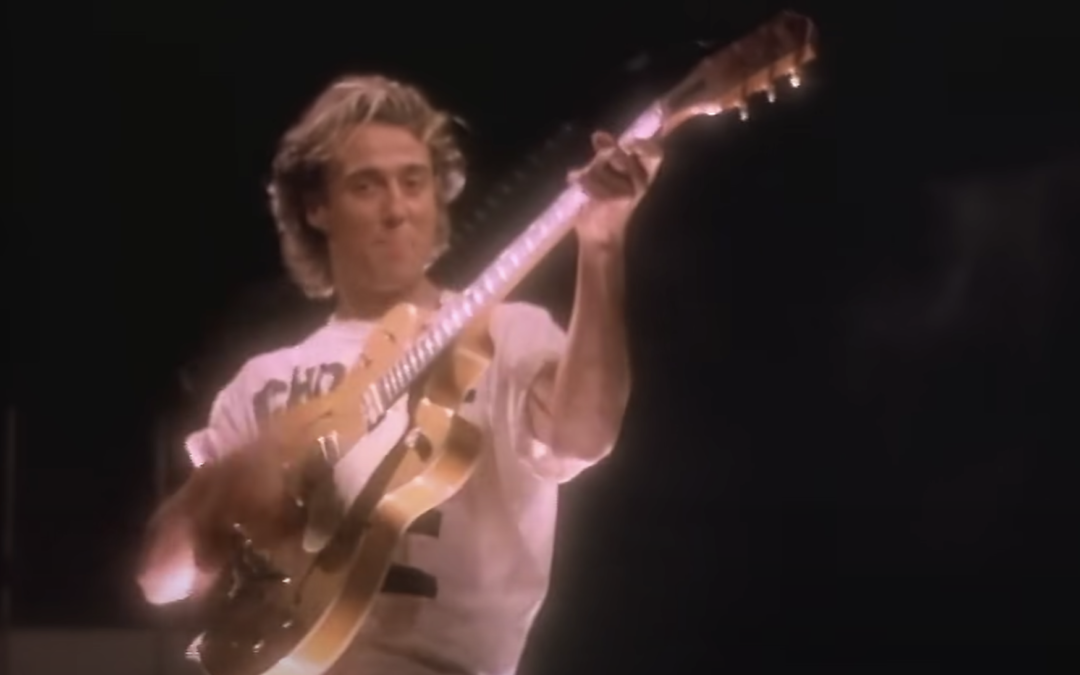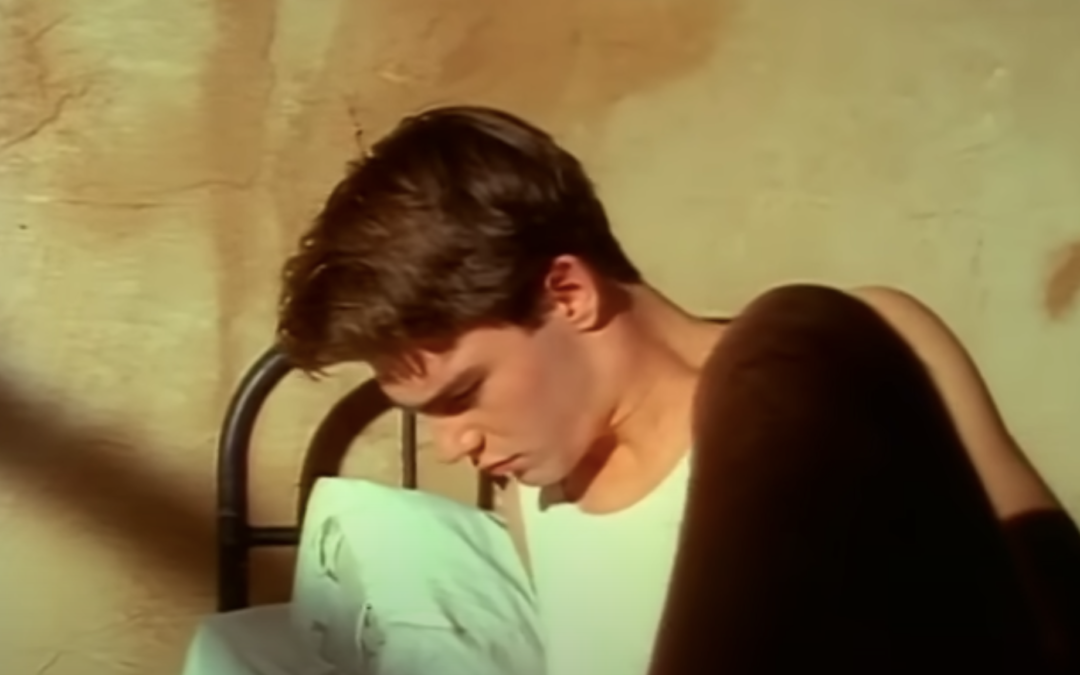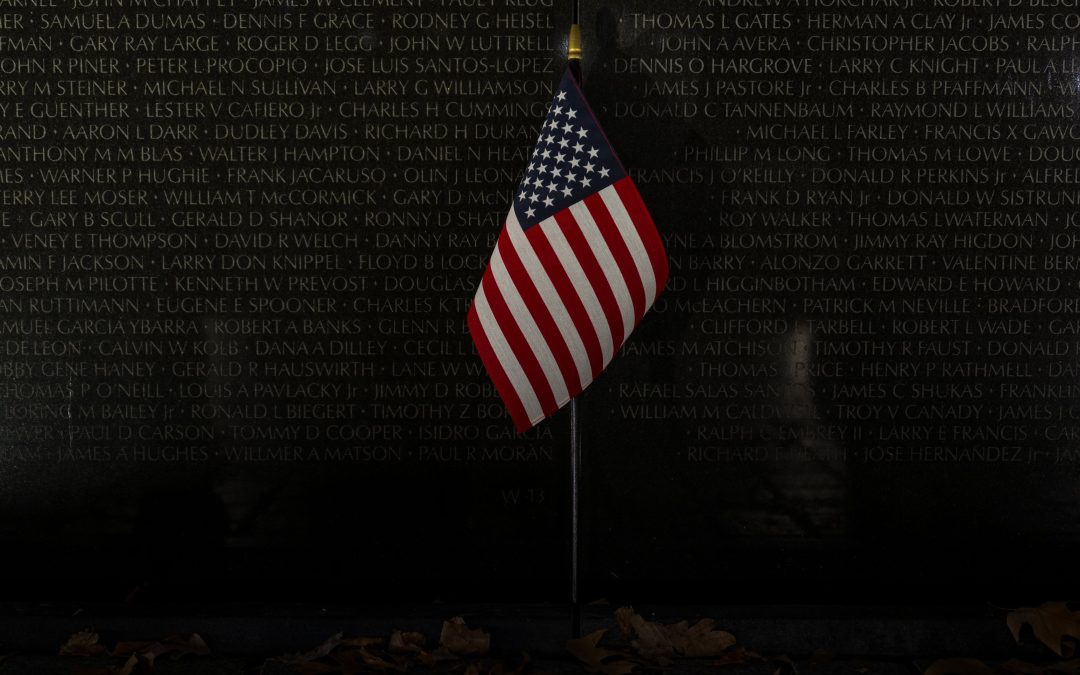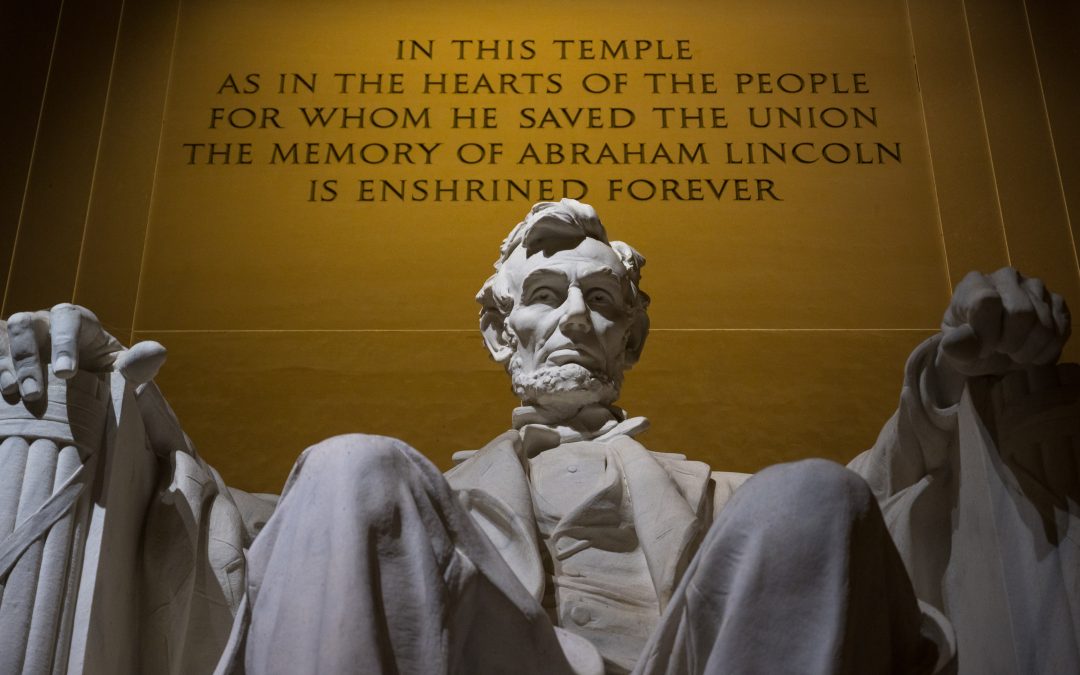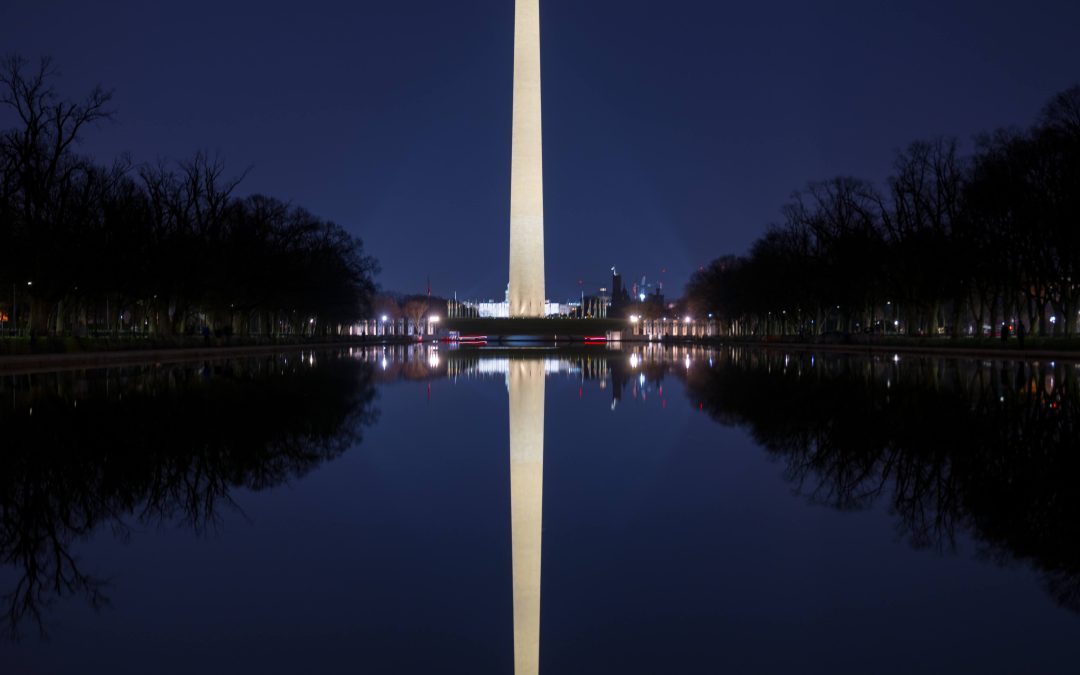In 1985, the British band Tears for Fears released a song that would transcend time, culture, and the confines of the ’80s music scene. “Everybody Wants to Rule the World” is a masterpiece that encapsulates the ethos of its era while remaining eerily relevant today. It’s a song that explores the paradox of human ambition and vulnerability, setting it to a melody that is at once optimistic and melancholic.
The Genesis of a Classic
“Everybody Wants to Rule the World” was released as a part of Tears for Fears’ second album, “Songs from the Big Chair.” The song was a departure from the darker, more introspective songs that had characterized their debut album “The Hurting.” It was met with both commercial success and critical acclaim, topping charts and becoming one of the most iconic songs of the 1980s.
The Melody that Mesmerizes
The song begins with a rhythmic, jangling guitar intro that immediately catches your attention. Then enters Roland Orzabal’s voice, subdued yet tinged with an urgency that seems to plead and proclaim all at once. What’s incredible about “Everybody Wants to Rule the World” is its musical dichotomy. The tune is infectious, uplifting even. Yet when paired with its lyrics, a different story unfolds—one of anxiety, cynicism, and the contradictions that come with power and freedom.
A Mirror to Society
When the song was released, the world was amidst the Cold War, economic turmoil, and the advent of the digital age. “Everybody Wants to Rule the World” was a commentary on the individual’s role in this chaotic landscape, touching upon the duality of freedom and control. Even today, in a world that is ever more interconnected yet fraught with new challenges, the song retains its poignant relevance.
Lyrics that Speak Across Decades
The song’s lyrics provide a panoramic view of human ambition and the price it often demands. The line “Even while we sleep, we will find you” speaks to the relentless pace of modern society and the inescapable grip of aspirations and responsibilities. It’s a world where “Nothing ever lasts forever,” echoing the transient nature of power, relationships, and life itself.
More than a Song: A Cultural Icon
“Everybody Wants to Rule the World” has been featured in numerous films, TV shows, and commercials over the years. It has also been covered and sampled by artists across genres, attesting to its universal appeal. The song was not just a hit; it became a lens through which we could examine ourselves and the world around us.
Tears for Fears may not have ruled the world, but with “Everybody Wants to Rule the World,” they’ve certainly conquered a permanent place in the annals of music history. Its impact reverberates across generations, reminding us of the complexities that come with freedom, power, and the human condition. It’s a song that is as enigmatic as it is emblematic, and one that, more than three decades later, still has us singing along, pondering its message, and marveling at its enduring brilliance.
So go on, turn your radio up and let the driving beat and haunting lyrics wash over you. In a world of ever-changing landscapes and uncertainties, some things remain remarkably constant. The timeless power of a great song is one of them. And in that realm, Tears for Fears truly rules.

